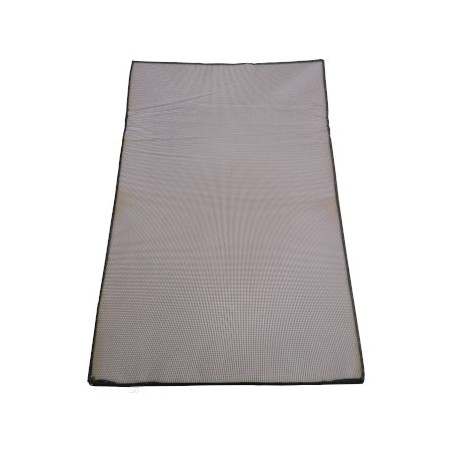Following the discussions, after reviewing the reports from the SGE Members, after the report on the field visit in Belgium and on the basis of the experience in outbreaks investigation and data collection of the SGE Members, the SGE ASF 14 recommends that:
General issues

- It is essential to ensure transparency and full cooperation among countries. The Standing Group reiterates that trust and cooperation can only be built when full access and timely sharing of the relevant information is provided.
- Serbia and Slovakia should become full members of the SGE ASF, and as such participate in future SGE ASF meetings to share their experience and receive relevant guidance.
- The Czech Republic should be withdrawn from the list of members of the SGE ASF, considering that they have provided evidence that ASF was eradicated from its territory. However, the Czech Republic is welcome to become observer and share experience.
- SGE ASF field missions should be sent to Serbia and Slovakia as soon as possible, to understand in depth field aspects and collate best practises in the prevention and control of ASF.
- All countries should implement previous SGE on ASF recommendations to prevent, control and eradicate ASF.
- The fifteenth meeting (SGE ASF15) of the Standing Group of Experts on African swine fever in Europe under the GF-TADs umbrella should be held in Slovakia around March 2020. It will focus on ‘the contingency planning and training systems for ASF including simulation exercises’.
Outbreaks investigation and data collection
- All countries, even not affected by ASF, should build teams of highly skilled experts and provide them the tools to perform outbreaks investigations.
- Countries must always perform investigations and collect relevant data after each new outbreak in pigs or confirmation of the infection of wild boar in a new zone, in view of:
- a. Identifying the source of the outbreak / infection and ways of transmission.
- b. Mapping the potential spread of the disease using tracing back and forward methods.
- c. Implementing the most appropriate control and preventive measures.
- Countries should always share the outcome of outbreaks investigations and data collection to fill knowledge gaps on ASF epidemiology and in view of strengthening prevention and control measures.
- Countries should share check-lists, questionnaire and other relevant tools for outbreaks investigations and data collection. A specific section of the e-depository will be created on the GFTADs website to make them available to other countries (https://web.oie.int/RREurope/eng/Regprog/en_ASF_depository.htm).
- OIE, FAO and all member countries in Europe should devote efforts to produce a GF-TADs guidebook on ‘ASF outbreak investigations and data collection’, as a way to provide technical specifications for competent authorities.
September 2019/ GF-TADS/ OIE.
http://www.oie.int







